Understanding “I will become who I learn to become” can be profoundly beneficial for all teens, especially those facing socioeconomic disadvantages.
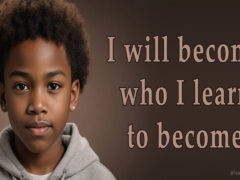

Understanding “I will become who I learn to become” can be profoundly beneficial for all teens, especially those facing socioeconomic disadvantages.
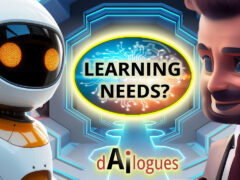
I am in Blue. Gemini (formerly Bard) is in Black Considering everything discussed and referred to in our prior conversations: Always Learning What Should They Learn We Must Be Stewards Miraculous Intersections Regardless of what we are learning, what are the kinds of learning need experiences that can be consciously recognized during the flow of participating […]
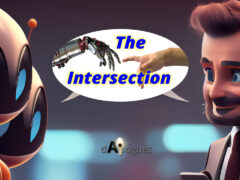
The best possible source of information from which to improve the stewarding of children’s learning, and the best possible source children have to improve their participation in learning is the same. Decades ago, I started calling this convergence the “miraculous intersection“. In this conversation with Gemini (Google’s renamed Bard), we explore this ground-level principle […]
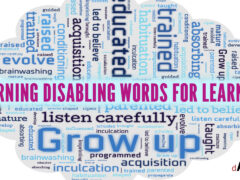
Misattributing the effects of learning to other causes can have profound consequences, not just for individual understanding but also for how we approach learning as a society.
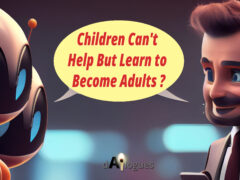
I understand that the way I talk about learning has the potential to contribute to existing misconceptions of learning and the acquisition of learned learning disabilities.
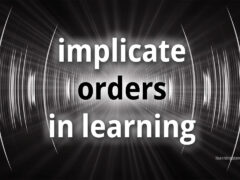
Framing human learning as an “implicately ordered and implicately ordering participation in the flow of now” is a beautiful and profound way to capture its dynamic nature.
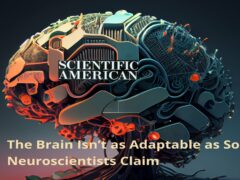
The Brain Isn’t as Adaptable as Some Neuroscientists Claim. The idea of treating neurological disorders by marshaling vast unused neural reserves is more wishful thinking than reality.
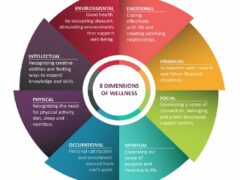
Look at the descriptions of each dimension. Each one depends on our learning. There may be aspects of each that are outside our agency, but within our agency, each one not only depends on our learning it is determined by our learning. This is what we need to learn. We are who we learn to […]
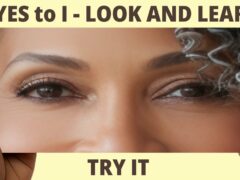
Hold up a mirror and look carefully at your eyes.
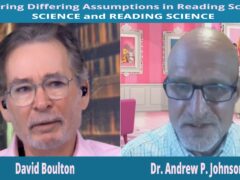
Dr. Andrew Johnson is a Reading Specialist and a Distinguished Faculty Scholar and Professor of Literacy at Minnesota State University. I, David Boulton, am a Learning Activist with Learning Stewards. Dr. Johnson and I have very different views about reading and the process of learning to read. We agreed to learn together and respectfully challenge […]
